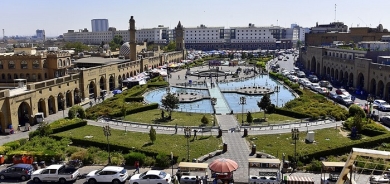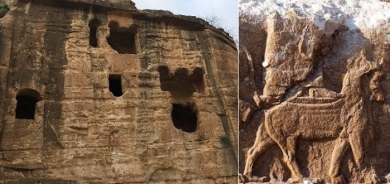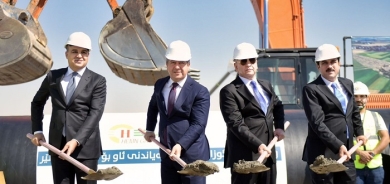KRG participates in Middle East anti-corruption conference

Ms Nisar Talabany, Senior Adviser to Prime Minister Barham Salih, described the Kurdistan Regional Government’s (KRG) Anti-Corruption efforts and gave an overview of the KRG’s reform initiatives to minimise bribery risks in public-private partnerships. She said, “We assured the senior executives who are working to combat this grave issue that the KRG is part of the global movement against corruption, and our leaders are firmly committed to this fight”.
In 2009, the KRG engaged PriceWaterhouseCoopers (PWC) to evaluate government procedures and devise a good governance and transparency strategy.
While the Arab Spring has given way to more transparency, bribery risks in the Middle East remain very real and complex. The dangers of third party agents and consultants and so-called “after-sales service fees”, complex civil service structures, and the utilization of various forms of “quasi-governmental” entities in business roles that blur public/private lines all increase exposure to liability under foreign and local bribery laws.
In recent years, several U.S. Foreign Corrupt Practices Act enforcement actions have involved the Middle East, including the United Nations Iraq Oil-for-Food scandal. There is also a growing commitment by several countries in the Middle East to investigate and prosecute corruption, and to proliferate new bribery laws, including the UK Bribery Act; these actions are quickly changing the way global entities approach compliance.
The two-day conference from 30-31 January focused on how to combine the efforts of the public and private sector to tackle corruption and the corrosive abuse of power, which destabilizes communities’ social fabric, particularly in more vulnerable post-conflict regions. Participants agreed that corruption is a complex economic, political and social challenge that threatens democracy and sustainable development and the rule of law.
The KRG delegation met with officials from the Abu Dhabi Accountability Authority and Chief Compliance Officers from many global companies who are leading the way to minimizing bribery risks, and informed them about the KRG’s Good Governance & Transparency Strategy. The KRG strategy, which was launched in July 2009, endorses and adopts many key elements contained in the UNCAC, such as establishing codes of conduct for public officials, increasing transparency in government operations including procurement and public finances, the prevention of corruption in the private sector, strengthening of civil society, and implementing robust audit and enforcement mechanisms.
Source: KRG














